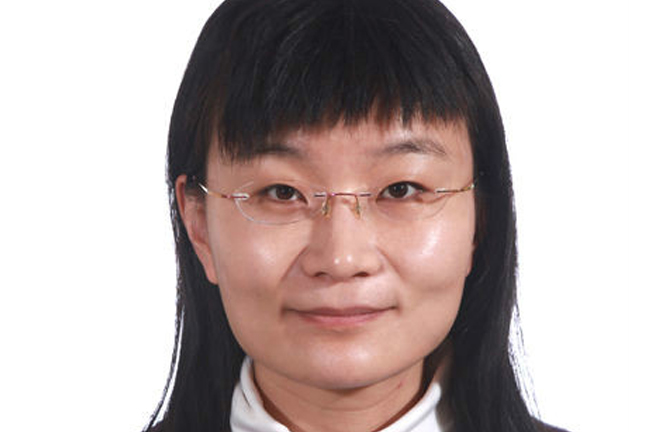SU XIAOHUI: Bright future for cooperation of China, Portuguese-speaking countries
 The fifth Ministerial Conference of the Forum for Economic and Trade Cooperation between China and Portuguese-speaking Countries was held in Macao from Oct. 11 to 12.
The fifth Ministerial Conference of the Forum for Economic and Trade Cooperation between China and Portuguese-speaking Countries was held in Macao from Oct. 11 to 12.
Launched in Macao in 2003, the forum is sponsored by the Chinese central government and organized by Macao Special Administrative Region government, with the joint participation of seven Portuguese-speaking countries: Angola, Brazil, Cape Verde, Guinea Bissau, Mozambique, Portugal and East Timor.
The ministerial conference comes at a time when China and the Portuguese-speaking countries are all struggling to cope with the realities of weak recovery in the global economy. Such factors as commodity price fluctuation, a downturn of global trade and investment, and increasing protectionism have posed various challenges for China and Portuguese-speaking countries.
China’s presidency of the G20 summit in September this year prioritized development issues for global macroeconomic policy coordination and laid the framework for global multilateral investment rules. Also for the first time, the summit released the chairman’s announcement on climate change and listed green finance in the G20 agenda. These actions have been a great source of inspiration for many Portuguese-speaking countries.
In this context, China and Portuguese-speaking countries are determined to push cooperation between both sides to a new stage.
First of all, elevating trade and investment will greatly push forward relations. Adhering to the principle of openness and inclusiveness, China has formed the shared goal of liberalization and the facilitation of trade and investment.
Setting itself as an example, China does not pursue a trade surplus with Portuguese-speaking countries and is willing to implement tariff preferences for some of them. Some Chinese enterprises will establish investment funds in Portuguese-speaking countries to support the development of their newly established firms and help these enterprises to enter China’s markets.
In addition, China and Portuguese-speaking countries will reach positive consensus on capacity cooperation. Both sides will adhere to the principle of complementary advantages and mutual benefit. Asian, African, Latin American and Portuguese-speaking countries are at an important stage of industrialization, so they are willing to cooperate with China, which has advantages in such fields as equipment manufacturing and high-speed rail technology.
The cooperative platform will also be improved. China and Portuguese-speaking countries should give full play to Macao’s advantages in such aspects as language, geography and infrastructure, and further build Macao to a service platform of commerce and trade cooperation. Macao will become the pivot of cooperation under the framework of the “Belt and Road” initiative.
Relations between China and Portuguese-speaking countries are now entering the best stage in history. However, the cooperative potential still needs to be further developed.
Su Xiaohui is deputy director of the Department for International and Strategic Studies at China Institute of International Studies. This article was translated from the People’s Daily Overseas Edition.
